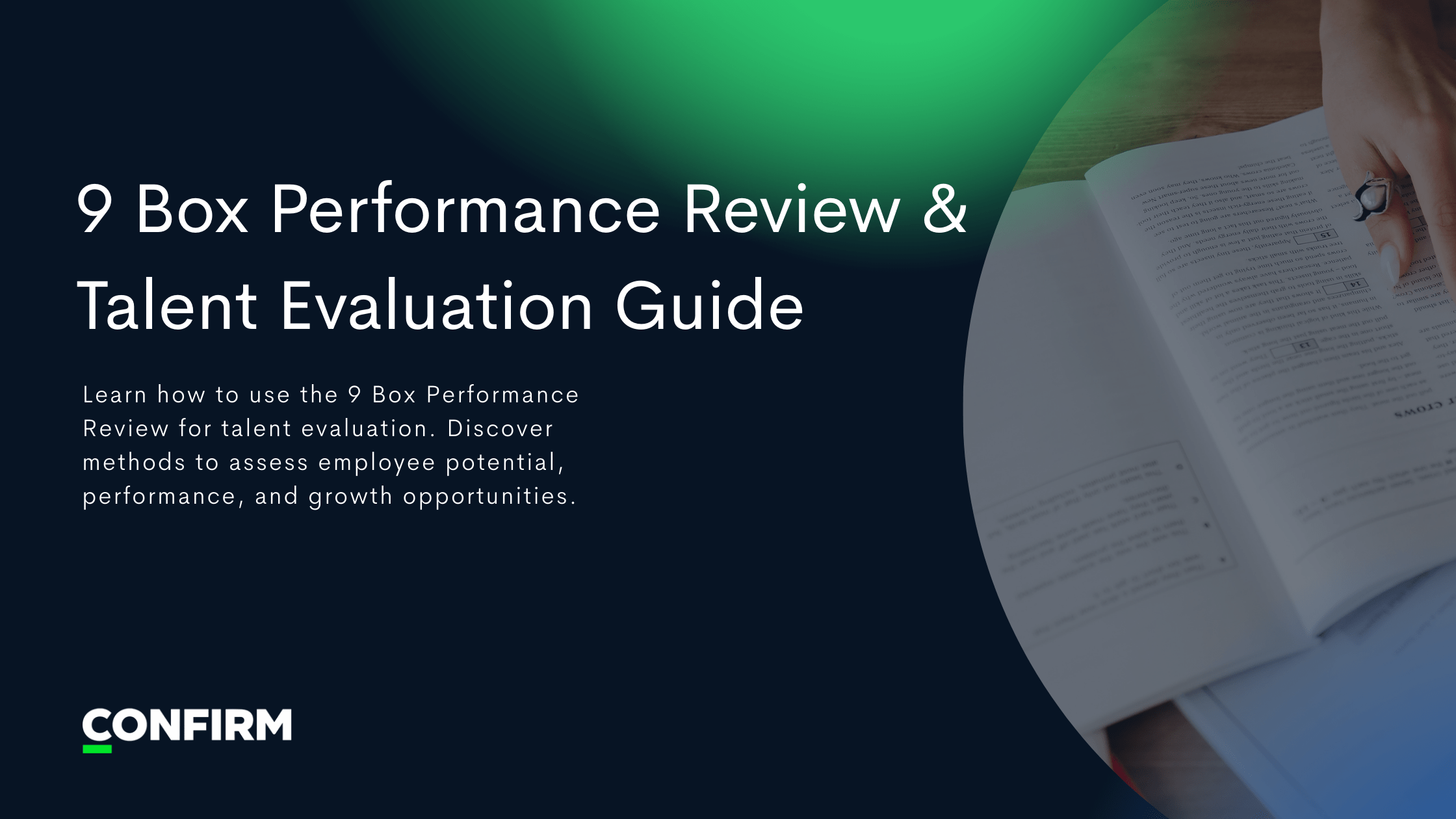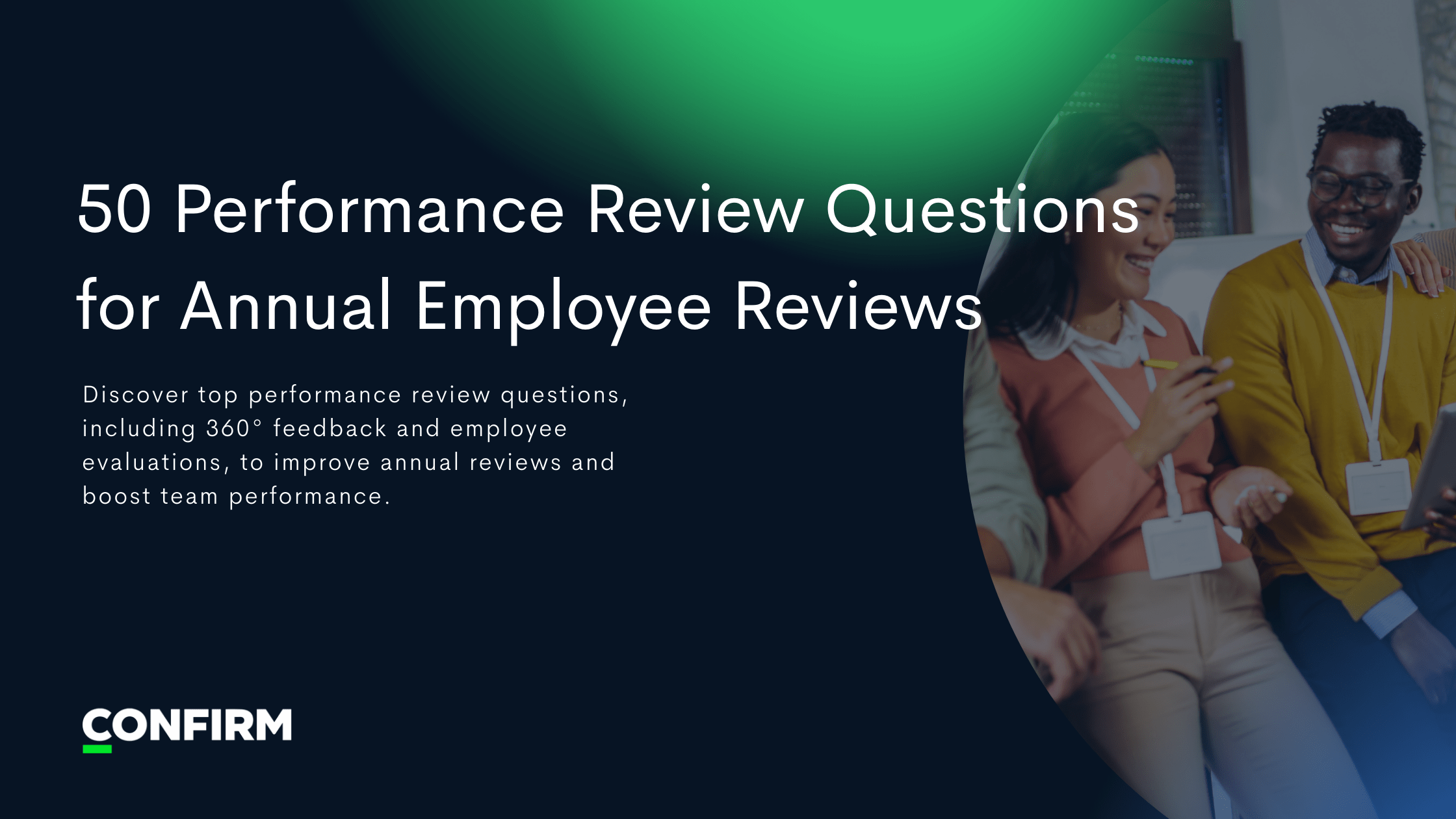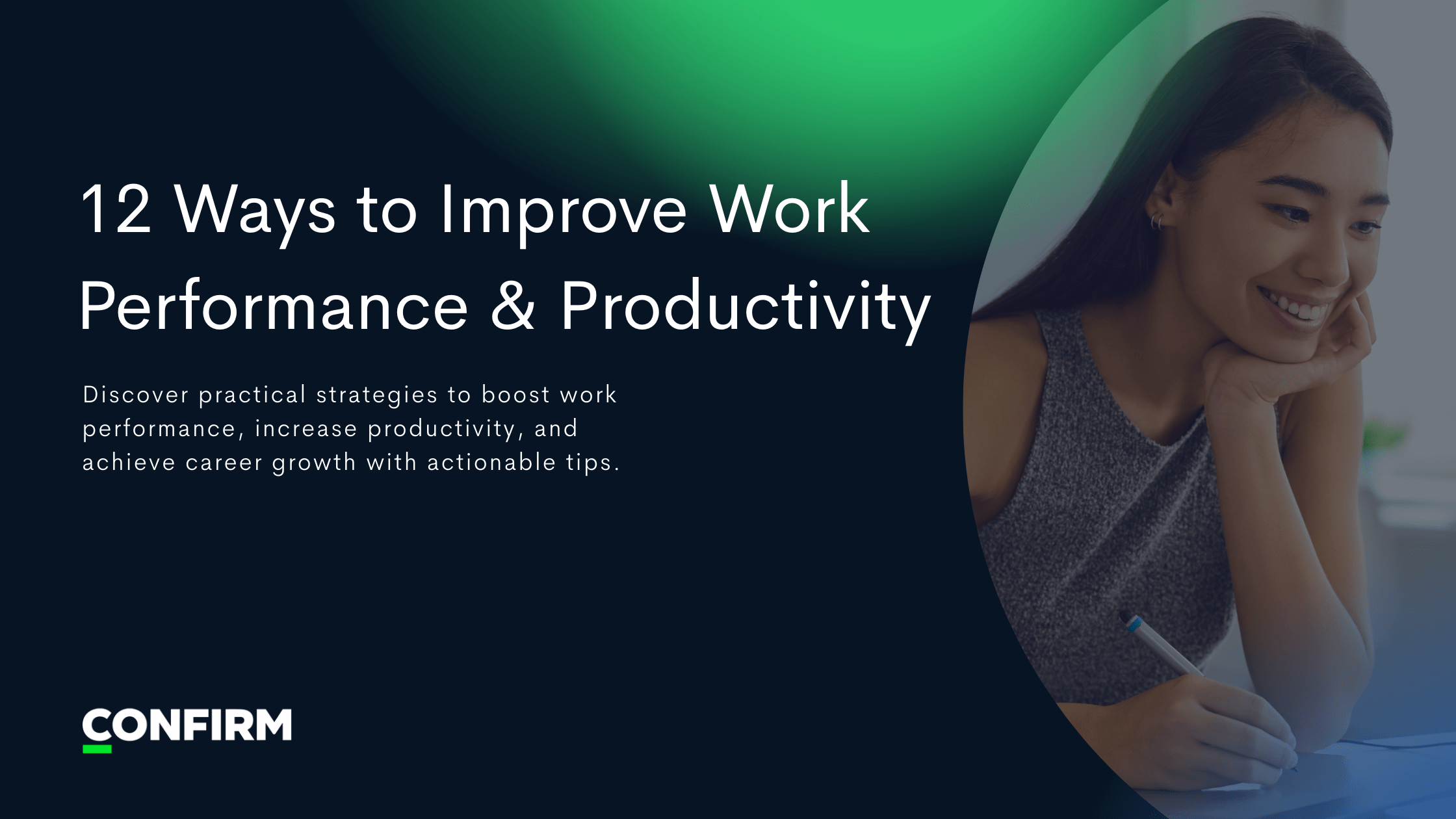
Blog post
HR Revolution: Why Rebels, Early Adopters, and Pioneers Matter
In the end, rebels, early adopters, and pioneers are the "change-makers" in HR.

Have you ever wondered why some people in Human Resources (HR) do things differently? Their ideas might seem strange and weird at first. But these people— the rebels, early adopters, and pioneers—play a big role in making HR better. In this blog, we'll explore why they're so important and how they help make processes like performance management more effective. We'll also talk about what we're doing at Confirm to make HR better using a new methodology.
Challenging the Old Ways
Rebels in HR don't always follow the rules. Sometimes they get downright angry about the status quo. They like to ask, "Is there a better way to do this?" or "You'd have to be dumb as a bag of wet laundry to keep doing this." Okay, the second one wasn't a question. These conversations aren't always comfortable, but they are important. HR can't improve if we don't question how things are done.
When HR rebels challenge old ways of doing things, they open the door to new ideas and improvements. They find ways to do things faster and better for both employees and companies.
The world is always changing, and if we stick to old HR methods, it can hold us back. When we question the usual methods, we create opportunities for improvement. These improvements can lead to increased fairness and worker-friendly practices. This helps organizations adapt and succeed in today's fast-paced world. Don't hesitate to question old HR methods. It can bring innovative solutions benefiting workers and the company.
There have been many rebels and pioneers who have transformed their industries for the better. One notable example is Steve Jobs, the co-founder of Apple Inc. He revolutionized the computer industry by introducing user-friendly and aesthetically pleasing products. These products, like the Macintosh and iPhone, changed how we interact with technology. Elon Musk is another pioneer. He disrupted the automotive industry with Tesla's electric cars. He pushed for a sustainable future. In the field of entertainment, George Lucas transformed filmmaking with "Star Wars," pioneering the use of special effects and creating a lasting cultural phenomenon. These rebels and pioneers dared to think differently. They pushed boundaries and reshaped their respective industries. They left a lasting impact on the world.
Making Performance Management Better
Performance management is an essential part of HR. It's how companies evaluate how well their employees are doing their jobs. In the past, this was often done once a year, and it had some problems.
- Feedback took too long: Waiting a whole year for feedback wasn't helpful. People need to know how they're doing right away.
- Bias and unfairness: Sometimes, the person giving the review could be unfair without realizing it.
- Stressful and not motivating: People felt anxious about annual reviews, and it didn't help them get better at their jobs.
Rebels in HR saw these issues and decided to change things. They said feedback should be given all the time, not just once a year. They wanted employees to get regular feedback, coaching, and support to help them grow.
Issues with 360 Reviews
Another common HR practice is the 360-degree review. This means getting feedback from different sources, like your boss, co-workers, and even customers. It might seem fair, but it has some problems too.
Here are the problems:
- Feedback isn't always honest: People might not tell the truth because they're scared or don't want to upset someone.
- Takes too much time: Collecting feedback from so many people can be a lot of work.
- Doesn't provide enough context: Sometimes, feedback isn't useful because it's not clear why someone said what they did.
HR pioneers noticed these issues and started looking for better ways. They wanted a system that was more accurate and faster.
The Power of Organizational Network Analysis (ONA)
This is where Organizational Network Analysis (ONA) comes in. ONA is a tool that evaluates how people are connected in a company. It shows who talks to who and who has the most influence.
ONA is better than traditional performance management for a few reasons:
- It's clear: ONA shows how people are connected, so there's no confusion.
- It's fair: It uses objective data, so there's less chance of unfairness or bias.
- It's faster: ONA does the work quickly, so it's not a big hassle.
Confirm's Mission: What We're Doing
At Confirm, we noticed that traditional performance management had big problems. We saw that there was a chance to use ONA to make things better. We wanted to give companies a way to understand their employees' connections and work better together.
Our goal at Confirm is to help companies use ONA to make better decisions about their employees and teams. We want to make performance management easier and more helpful by using data to make workplaces better.
In the end, rebels, early adopters, and pioneers are the "change-makers" in HR. They question how things are done and find better ways to do them. The transformation of HR practices like performance management and the rise of ONA show how important it is to think differently in HR.
At Confirm, we're on a mission to make performance management better using ONA. We invite companies to join us on this journey. Our goal is to create workplaces where everyone can grow and succeed. So, don't be afraid to be a rebel when it comes to making HR better—because together, we can create workplaces where everyone can thrive.
Ready to see Confirm in Action?
See why forward-thinking enterprises use Confirm to make fairer, faster talent decisions and build high-performing teams.









